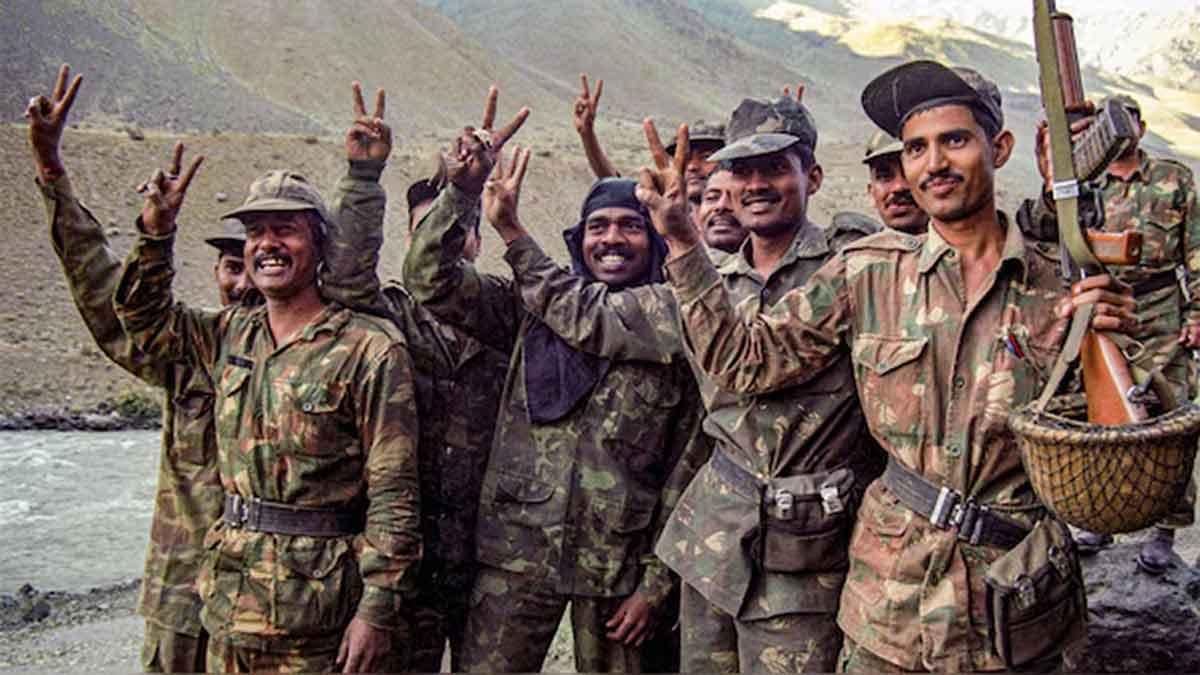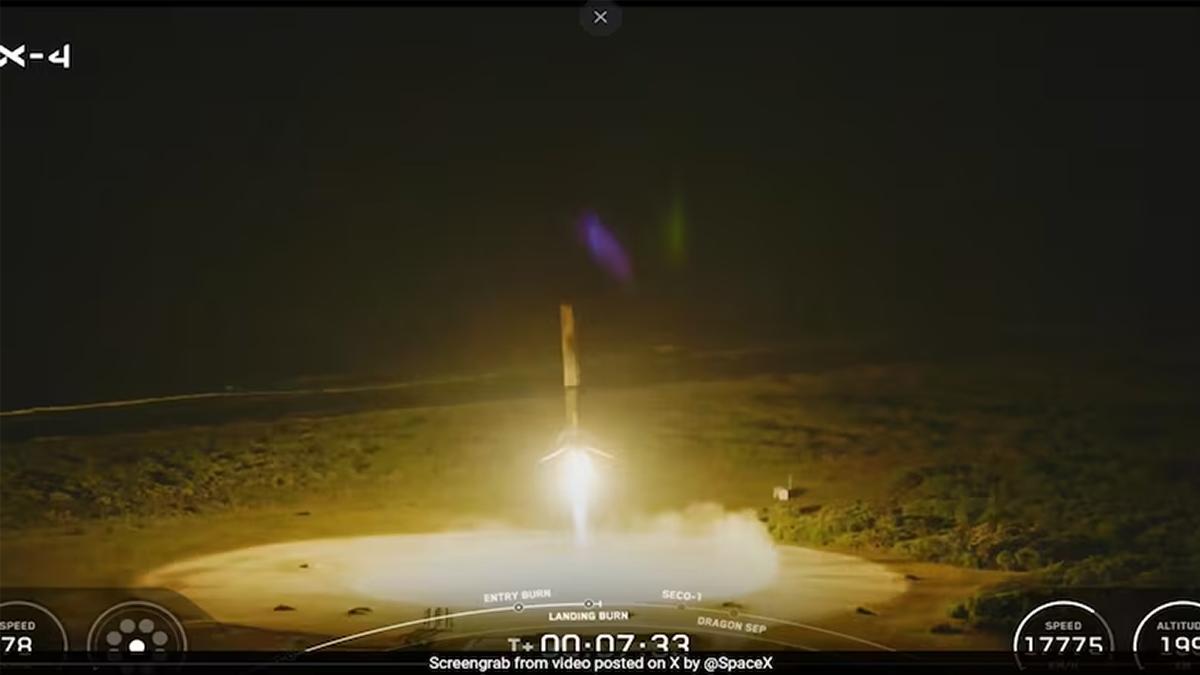As the families of the victims could not go back to Kashmir due to terrorism to file the criminal cases against the atrocities committed against them, the question arises as to what are the options after 32 years for them.
The public temper is running high after watching the movie 'The Kashmir Files', which has shown the real incidents of rapes, murders, brutalities, loot and arson committed by terrorists and the locals.
The National Human Rights Commission (NHRC) or Kashmiri organisations can take up the issue individually or jointly and compel the present competent J&K Government to form an SIT or judicial commission. Justice needs to be brought to these unfortunate migrant Hindus whose voices were never heard for the past 32 years.
Also Read | Newly elected Uttarakhand MLAs to take oath on Monday, BJP legislative party meet likely
Indian criminal law nowhere defines the limitation to file an FIR. There have been instances in the past when an FIR was lodged by rape victims after 15 years. Even Section 473 of the CrPC allows the court to consider an older case only if it is in the "interest of justice" or when the "delay" in seeking redressal has been properly explained.
Photos and videos are available with the family members of the victims, as well as with the media, especially newspapers and news agencies in Kashmir, which can form part of the evidence in the court.
The Supreme Court in the case of Ankush Maruti Shinde and others vs the state of Maharashtra AIR 2009 SC 2609 has held that protection of society and stamping out criminal proclivity must be the object of law which must be achieved by imposing appropriate sentences.
The law as a corner-stone of the edifice of "order" should meet the challenges confronting the society, as any leniency in a case of such heinous nature crimes would amount to travesty of justice and the plea of leniency would be wholly unjustified.
The Supreme Court in the past had held that the evidence of a victim of a sexual offence is entitled to great weight, even without corroboration. If evidence of the prosecutrix inspires confidence, it must be relied upon without seeking corroboration of her statement in material particulars.
In the Tulshidas Kanolkar vs the state of Goa, the Supreme Court held that delay in lodging an FIR cannot be used as a ritualistic formula for discarding prosecution case and doubting its authenticity. It only puts the court on guard to search for and consider if any explanation has been offered for the delay. Once it is offered, the Court has to only see whether it is satisfactory or not.
Now the question arises as to what are the options before the Kashmiri migrants to get justice after 32 years.
The first option is that the J&K government must constitute a Special Investigation Team (SIT) headed by a Deputy Commissioner of Police on the request of Kashmiri Pandit organisations to probe this genocide.
Also Read | India, Japan discuss nuclear threats in Indo-Pacific region
The second option is a judicial commission be appointed under the Commissions of Inquiry Act, 1952.
The third option is that suo motu cognizance be taken by the Supreme Court for this Hindu 'genocide' under Article 32 and Article 226 of the Constitution so that severe punishment is inflicted on the top officials/ministers or administrators of that period. It should also provide relief by way of handsome compensation given to the victims of the families who became the target of terrorism.


















